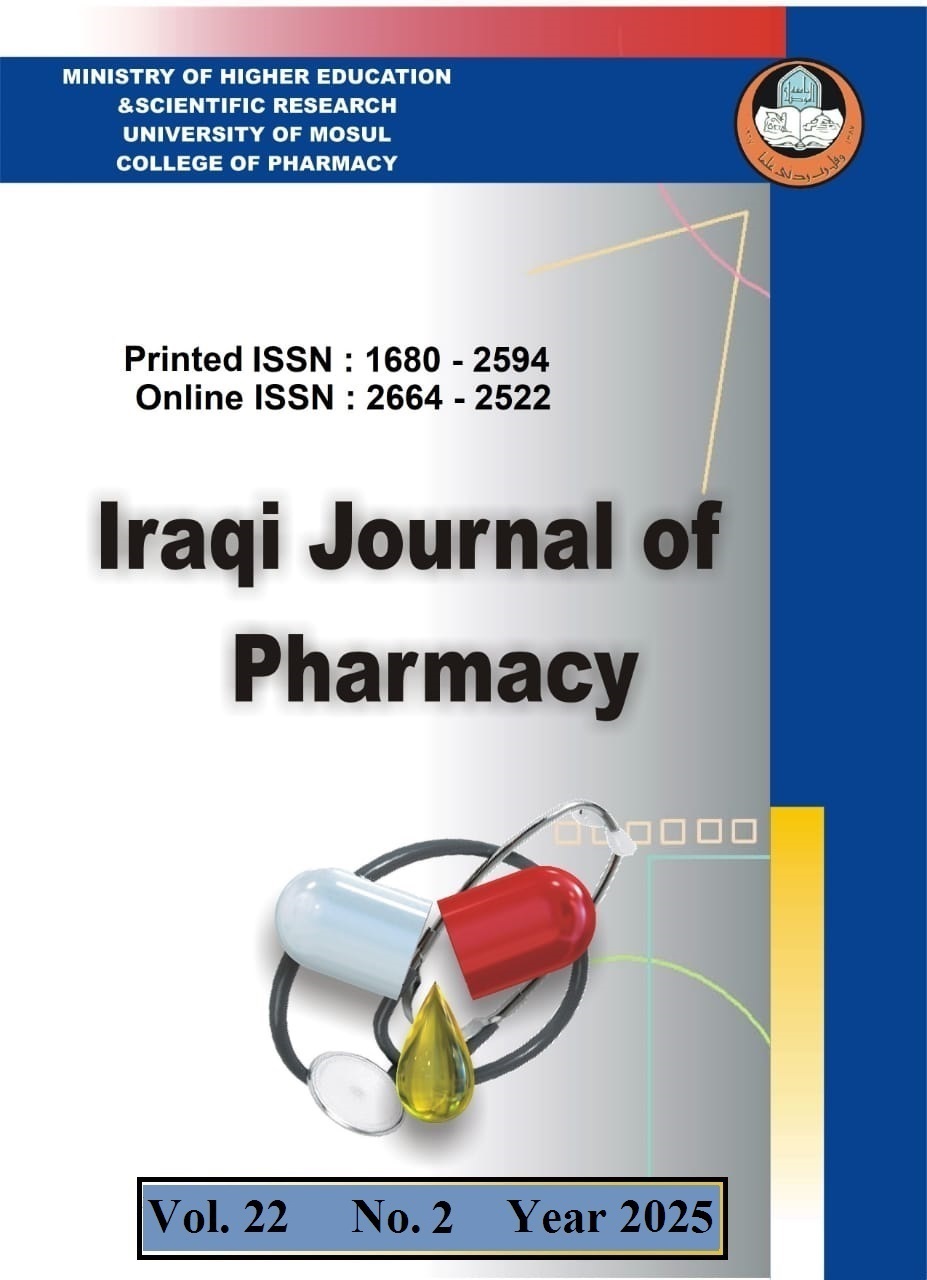Evaluation of the clinical effect of melatonin on oxidative stress markers in patients with lead poisoning
Abstract
Lead is a neurotoxic metallic element that can be absorbed by the body, primarily through the lungs and stomach. Generally, lead poisoning occurs slowly, resulting from the gradual accumulation of lead in bone and tissue after repeated exposure. Left untreated, lead poisoning can damage many internal organs, including the kidney and the nervous system. Recent studies have shown that lead causes oxidative stress by inducing the generation of reactive oxygen species and reducing the antioxidant defense system of cells. This suggests that antioxidants may play an important role in the treatment of lead poisoning as a kind of scavengers of free radicals.Antioxidant is any substance that reduces oxidative damage such as that caused by free radicals. Free radicals are highly reactive chemicals that attack molecules by capturing electrons and thus modifying chemical structures. Melatonin, a powerful antioxidant, is a hormone produced naturally in the pineal gland at the base of the brain.This study was designed to evaluate the clinical significance of melatonin in ameliorating the oxidative stress induced due to chronic exposure to lead.Twenty male patients with chronic lead poisoning and their 20 aged matched normal controls with an age range 35-45 years were included in this study. Treatment included 3 mg capsule of melatonin antioxidant at night for two months. Heparinized venous blood samples were collected from patients before treatment and at one and two months after treatment as well as from controls to measure erythrocytes malondialdehyde (RMDA), plasma total antioxidant status (TAS), blood lead (Pb) and serum zinc (Zn) levels.The results of the study showed a significant antioxidant activity of melatonin in eliminating the oxidative consequences of lead exposure revealed by significant reduction in oxidative stress markers ( RMDA and Pb) with a significant increase in body antioxidant defense mechanisms(TAS and Zn).








